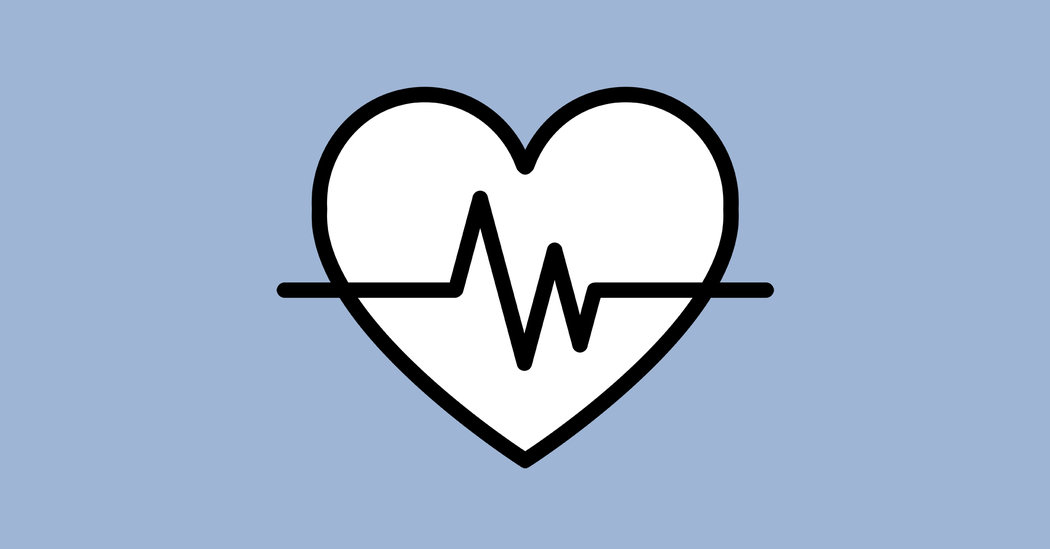
The risk for cardiovascular disease may begin to increase at blood pressure levels well below the currently defined guidelines.
A study in JAMA Cardiology included 1,457 people, average age 58, who were free of cardiovascular disease and otherwise quite healthy — they didn’t smoke and had healthy cholesterol and blood glucose levels, and none were taking cholesterol-lowering or blood pressure medicines. They had average blood pressure readings of 111/68. (The American Heart Association defines hypertension as a blood pressure of 130/80 or higher.)
Overall, the rate of cardiovascular disease in the group was low. But after adjustment for other factors, the researchers found that compared with people with a systolic reading (the top number) of 90 to 99, people with readings of 100 to 109 had three times the risk of cardiovascular disease; those at 110 to 119, 3.1 times the risk; and those at 120 to 129, 4.6 times the risk.
“We’re not recommending that people get treated at these levels,” said the lead author, Dr. Seamus P. Whelton, an assistant professor of medicine at Johns Hopkins. “But the risk starts to increase, even in healthy people, at these low levels.”
Both doctors and patients have come to think that it is normal for blood pressure to increase with age, he added, “but it’s not. What this tells us is that even if you have a normal blood pressure, you still want to focus on healthy diet and exercise.”
